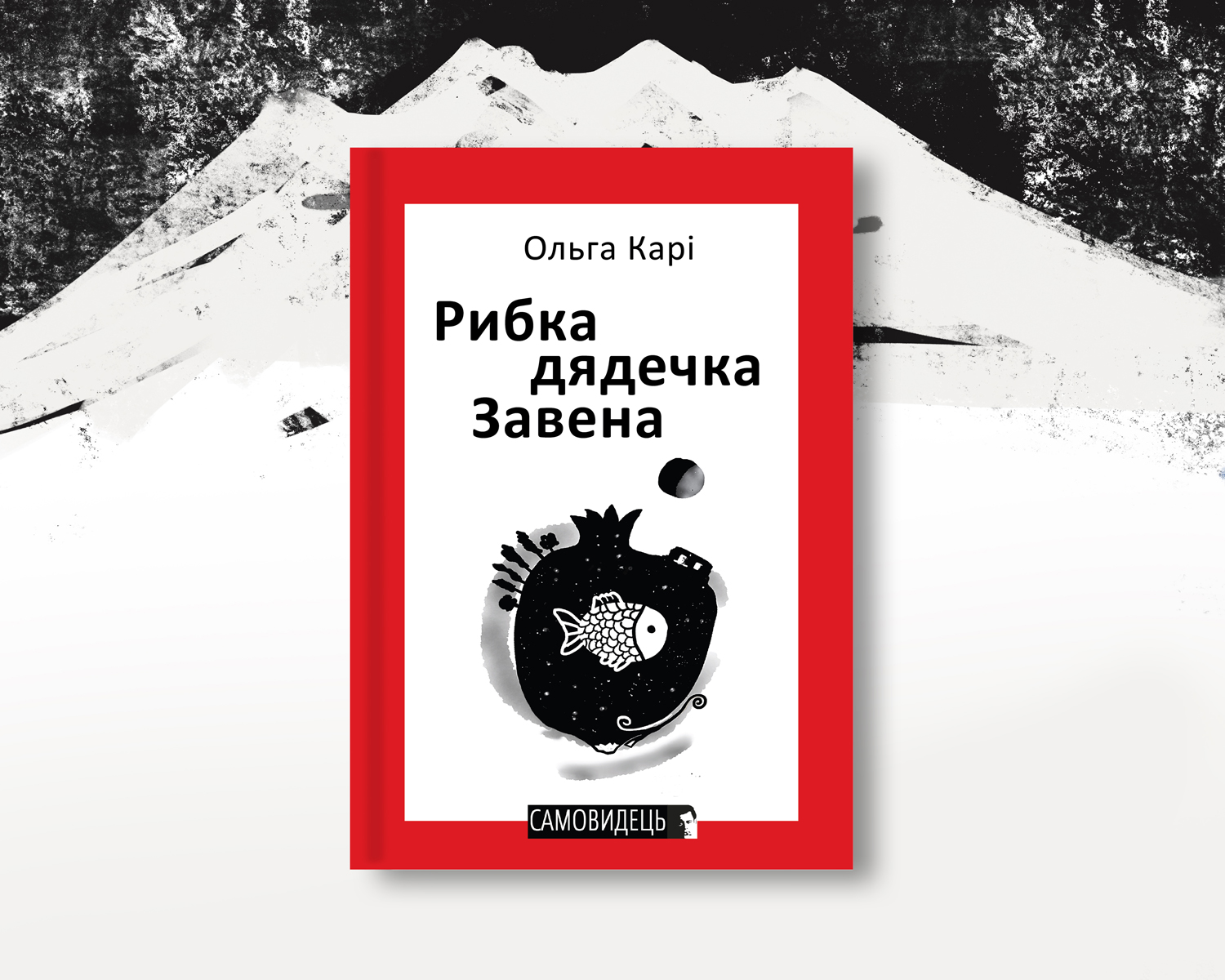Petro Trots
journalist, reporter.
***
“Our school in Diližani is the best in the world. З твых крайны їдуть истится».
The words spoken by the car driver on the way from Tbilisi to Sevan would not have sounded so anecdotally, if not for the phrase from the movie “Mimino”, heard a few minutes earlier on the radio. Де Фрунзик Mkrtchyan praises water in Тому ж Дилижани — which takes the second place in the world after water from San Francisco.
These same words, heard in the first years of my stay in Armenia, are still for me the personification of this country. Not in a humorous way, but quite seriously. A manifestation of love. To the earth with a difficult history and with its modern problems. About the beauty and attractiveness of which Armenians can talk for a long time and colorfully.
The heroes of the book “Dyadechka Zavena’s Fish” will also tell you about love for Armenia. Уси — по ризному. Someone is like a fireman, Galust, who dreams of finding a girlfriend, but is categorically against leaving the country. Or like Suren, who found his love even in Sweden, but for whom moving to Scandinavia turned into a real moral test.
Hero of Olga Kari — one great family — as if a reflection of all the country, Armenia in miniature. For more than a hundred years old grandmother Arshalus was a witness to the most tragic page in the history of her people – the massacres of 1915. Або Вадо: на головый теж прихлося производительный в Нагирному Карабасі. І яка робила высовым социальным, so much so that, without special difficulties, she could save Ashot’s nephew from prison, who escaped from that war to New York. And who is the representative of one of the generations of Armenian migrants.
These heroes go through the entire book, appearing as the main protagonists, then as a certain background, when another relative comes to the fore. Sometimes вір евідій пережили ці люди, ледве не заятьюје. You need to go back a few pages and check who came to whom and where they migrated and when they returned.
This is exactly the gastronomic part of the book. A well-known gastro blogger, Olga Kari confidently makes her way through all the nuances of Armenian cuisine, paying attention to her almost in every story. The hero of one becomes not tak sam dyadechko Zaven, yak hash, yakim guests. How do they cook it, what do they talk about during consumption? After the “most delicious in all of Armenia” bread from Aparan, there is a traditional herbal bread – it’s even difficult to understand what I wanted to try first. And when you come across an explanation of how to properly remove a skewer from a skewer, you understand that the attitude to food is no less important here than the rules of behavior between people. Та и на українська вухо звучать ци назви урочисто и градничо, як капання — хоровац, женгялов-хац, хябаб.
Much less is known about Armenia in Ukraine than about their advertised and touristic neighbor Georgia. Ararat, the genocide of 1915, Armenian traders in the bazaars – the associational list of ordinary Ukrainians will hardly be much longer. The older generation can still remember the 1988 earthquake in Spitak. “Dyadechka Zavena’s fish” is an attempt to open a window to the country with which we have lived in the same country for almost 70 years and about which we know almost nothing. After all, there is no more information about us and in Armenia itself: here the conversation will revolve around already typical moments of our history — Chornobyl, Yanukovych and Maidan, Donbass.
“Armenia is the country to which I least want to return and where it pulls me with irresistible force,” the author writes in the preface. What is more powerful: the beauty of the sun-baked mountains and the green plains, the diversity of the cuisine or the stories there? Everyone will decide for himself, and whoever dares to see this country for himself – the Armenians will help to sort things out. And even if the phrase “I don’t like to live in Armenia at all”, you will hardly hear it. She is exclusively for her.
2020


